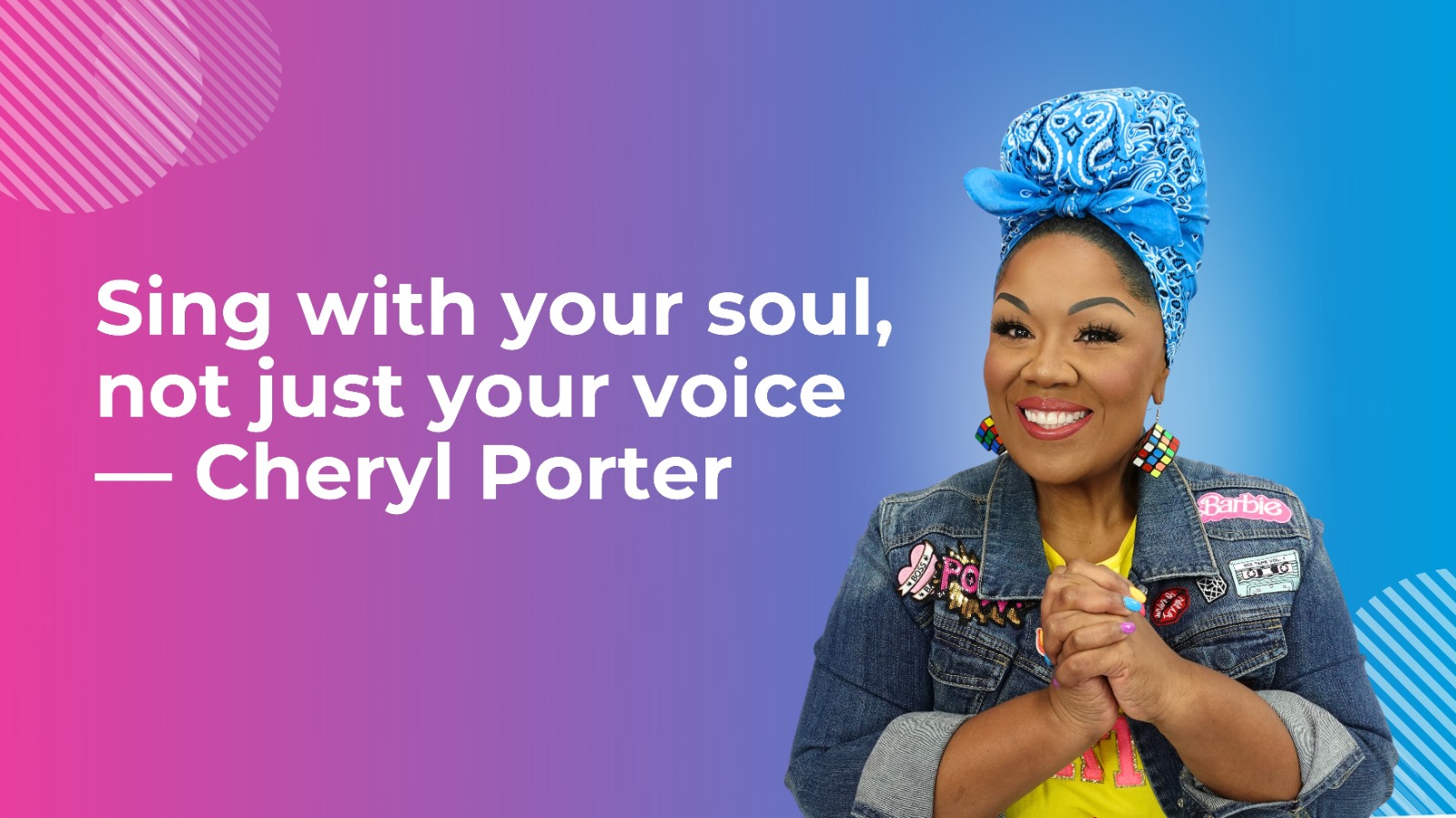You’re not alone if you’ve ever thought, “I wish I could sing, but I just wasn’t born with the talent.” That belief holds so many people back from trying and enjoying something they’ve always wanted to do. The truth is, most people who say they “can’t sing” have simply never learned how.
The voice is an instrument like any other. And just like you wouldn’t expect yourself to pick up the guitar and play solos on day one, you shouldn’t expect your singing voice to sound perfect before it’s trained.
That’s exactly why structured programs that help you learn singing from scratch are so valuable. They remove the guesswork, focus on the fundamentals, and build your voice from the ground up—no matter your starting point.
What Makes Singing Feel So Hard at First?
The main challenge with singing isn’t just technical it’s emotional. Singing is vulnerable. You’re using your body as the instrument, and the fear of sounding “bad” or being judged can be enough to stop you before you begin.
But here’s the good news: this fear fades as you build confidence through practice. Once you begin working on basics like breathing, pitch, and control, your voice starts responding and your self-belief follows.
What Do You Actually Need to Start?
You don’t need a perfect ear, musical background, or vocal coach in your living room to begin singing. What you do need is:
-
A quiet space
-
A phone or device to play practice tracks or piano tones
-
15–20 minutes a day
-
A willingness to sound “imperfect” for a while
With just that, you can start building real vocal skill.
The Foundations of Singing for Beginners
Let’s go over the pillars every beginner needs to understand before jumping into complex songs or techniques.
1. Breathing for Singing
You’ll hear it often: “sing from your diaphragm.” This just means breathing low and wide, not shallow. Your ribs should expand as you inhale. Controlled breathing gives your voice power and control without strain.
2. Vocal Warmups
Before you sing anything, you need to warm up. Try gentle hums, lip trills, and slides. These relax your vocal folds and prevent injury.
3. Pitch Awareness
Matching pitch is a skill that improves with repetition. You can train it using keyboard apps, tone-matching tools, or by singing along to a singer with a clear tone.
4. Resonance and Placement
Learning to place your sound “forward” (not stuck in your throat) helps tone improve. Brighter vowels like “ee” or “ay” are helpful early on.
A Simple Weekly Plan for New Singers
Here’s a 4-week plan designed for total beginners. No stress, just progress.
Week 1
-
5 minutes: Breathing exercises
-
5 minutes: Lip trills
-
10 minutes: Sing a single note and hold it with control
-
Practice 5x this week
Week 2
-
Add sirens and pitch slides
-
Match notes using an app or piano
-
Begin humming along to a simple song
Week 3
-
Sing 5-note scales
-
Work on one chorus from a favorite song
-
Begin recording yourself to track progress
Week 4
-
Add “mix voice” exercises like “gee-gee-gee” scales
-
Try an entire song slowly, phrase by phrase
-
Stay relaxed no pushing for high notes
Mistakes to Avoid When You’re Starting Out
Many beginners unknowingly hold themselves back. Here are some common traps to watch for:
-
Skipping warmups: You wouldn’t run without stretching your voice needs prep too
-
Pushing for high notes: Forcing range can cause tension and limit progress
-
Comparing yourself: Every voice develops at a different pace
-
Inconsistent practice: 15 minutes daily beats 1 hour once a week
-
Not recording: It’s hard to hear growth unless you track it
What Real Progress Looks Like
You may not notice dramatic changes right away, but here’s what improvement often looks like for beginners:
-
Notes feel easier to hit and hold
-
Your speaking voice feels stronger
-
You enjoy singing more and fear it less
-
You recover more quickly after singing
-
You feel motivated to keep going
Progress might feel slow but it’s real. And over time, those small steps become a giant leap.
Final Thoughts: Singing is For Everyone
You don’t need permission to start. You don’t need to be amazing to begin. You just need to begin. The truth is, singing is for everyone—not just for the “naturally gifted.” Your voice is part of who you are, and using it is one of the most freeing things you can do for yourself.
The biggest regret many adults share is waiting too long to start singing believing it was too late, or that they weren’t “good enough.” But your voice is ready to be used now. It doesn’t matter if you’re 15 or 50. What matters is showing up, consistently, with patience and self-kindness. Even five minutes a day can change everything.
You don’t have to hit high notes or master a song to feel proud. The real win is simply starting and trusting that progress will follow. Singing connects you to your breath, your emotions, and your confidence in a way few things can.
So stop waiting for the “right moment.” You are the right moment. Singing is not about perfection. It’s about expression. It’s about joy. And that’s something every human deserves to feel starting today, starting with you.
